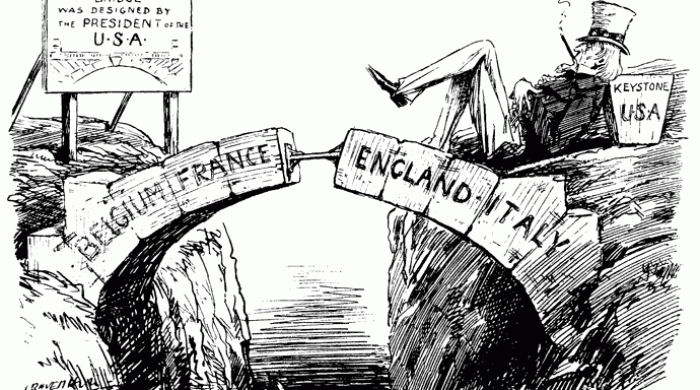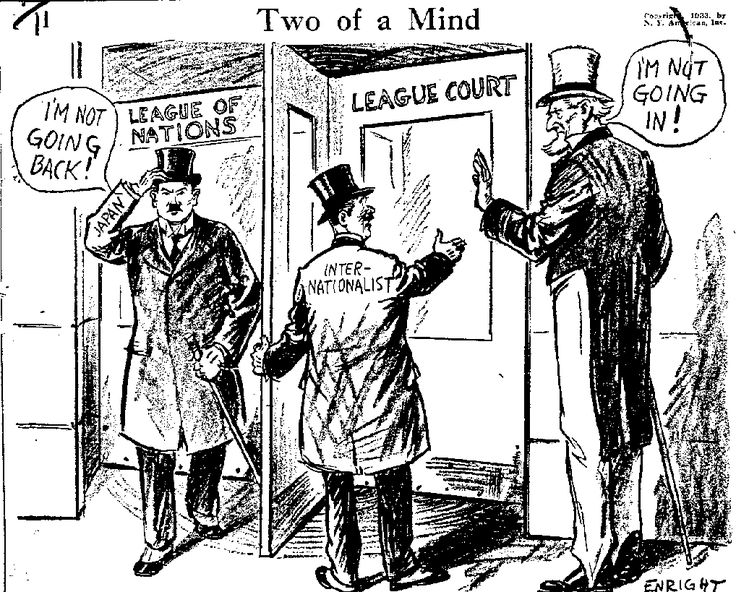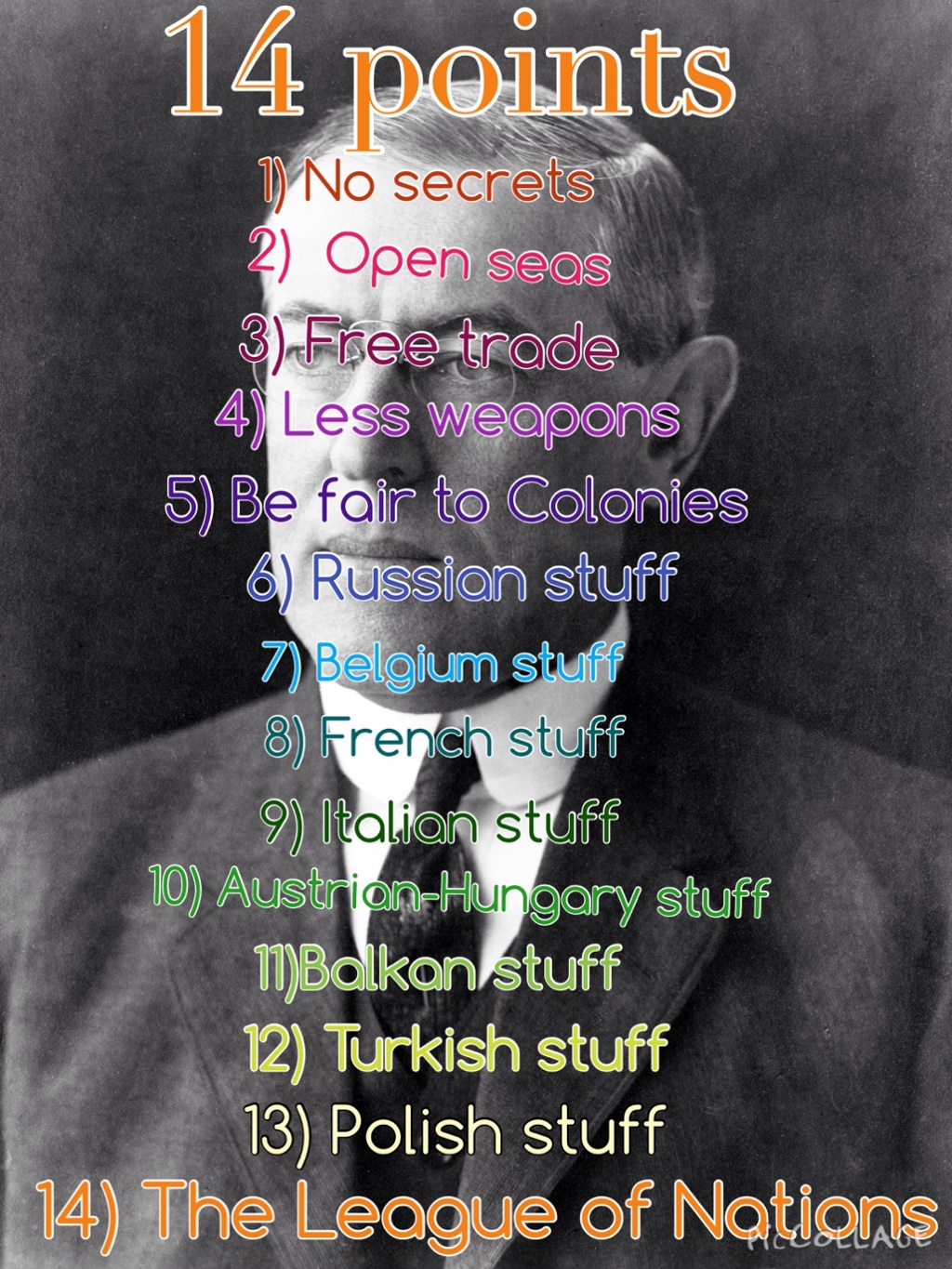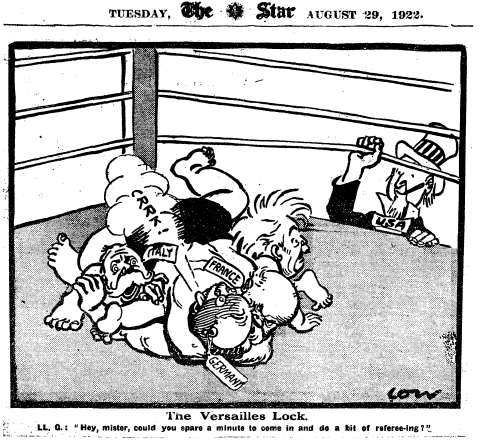Continue Dividing Up the Spoils.
Wilson is Sickened, Takes to Bed
Special to The Great War Project.
(3 April) Mandates. And self-determination. These are the lofty keys to President Wilson’s goals for the peace talks in Paris a century ago.
“Mandates” is a concept President Wilson and the other victors created to respond to the many demands made by the new or small states spawned by the war.
They emerged from the former colonies of Germany, or from Balkan states left behind, such as Yugoslavia.

Bridging the Gaps
Some are too primitive to govern themselves and would have to be administered “as if they were part of the state,” writes historian Thomas Fleming, “to which they were assigned.”
“The British Prime Minister David Lloyd George told Wilson that if he refused this compromise, he might break up the peace conference.”
The trouble with this “compromise” is that the mandate system is beginning to look a lot like colonies themselves, seized by the victors after the war.
Although Wilson opposes this, “he capitulated, agreeing to let a League of Nations commission decide the disposition of the spoils.”
“In the first week of its deliberations, the peace conference thus undermined the principle of no more annexations, as well as the principle of self-determination.”

Fearing the outcome.
Fleming reports: “No wonder the watching Germans grew cynical. A German newspaper remarked on Wilson’s impotence: “It appears more and more as if the Western imperialists” were playing nothing more than a charade.
According to Fleming, “overall thanks go to the reduction of the mandates to the status of hypocritical fiction; the British Empire acquired an additional eight million people and more than two million square miles.
“Neither in the Middle East nor in Africa was there the slightest attempt to apply the principle of self-determination.”
Historian Thomas Fleming reports: “The president was shaken to the core of his being by these and other defeats.
More and more it became apparent that Wilson never should have come to Europe and expose himself and America’s prestige to this kind of treatment.”
On April 3rd a century ago, in the midst of arguing about the large chunk of Yugoslavia’s Adriatic coast that Italy was trying to purloin, Wilson becomes violently ill.

Wilson’s 14 Points
“He took to his bed,” Fleming reports, “complaining of acute pain all over his body. During the night he was wracked by fits of coughing that seemed to threaten him with strangulation. Next came a fever of 103, prompting fears among those few who were aware of his condition that he was poisoned.”
“For three days, Wilson was a very sick man,” according to Fleming. Others feared he was having a stroke, or a severe case of influenza. The cynics at the peace conference believed it was all a ruse on the president’s part to seek more leverage in the negotiations. He asked how soon he could ready his ship for the trans-Atlantic crossing home.
He leaked this news to the New York Times, suggesting there may have been some truth to the cynics’ belief.
But there is another explanation: Wilson is sickened by the collapse of his hopes for the treaty and its high principles — disintegrating before his eyes.

I’m reading Garrett Peck’s “The Great War in America” and last night covered this time frame. Typing, “what a mess!” here is the understatement of my day. Paris in 1919 is all about Lloyd George and Clemenceau out-maneuvering Wilson. The president has no skill at all in negotiation… none – I don’t think that’s an exaggeration.